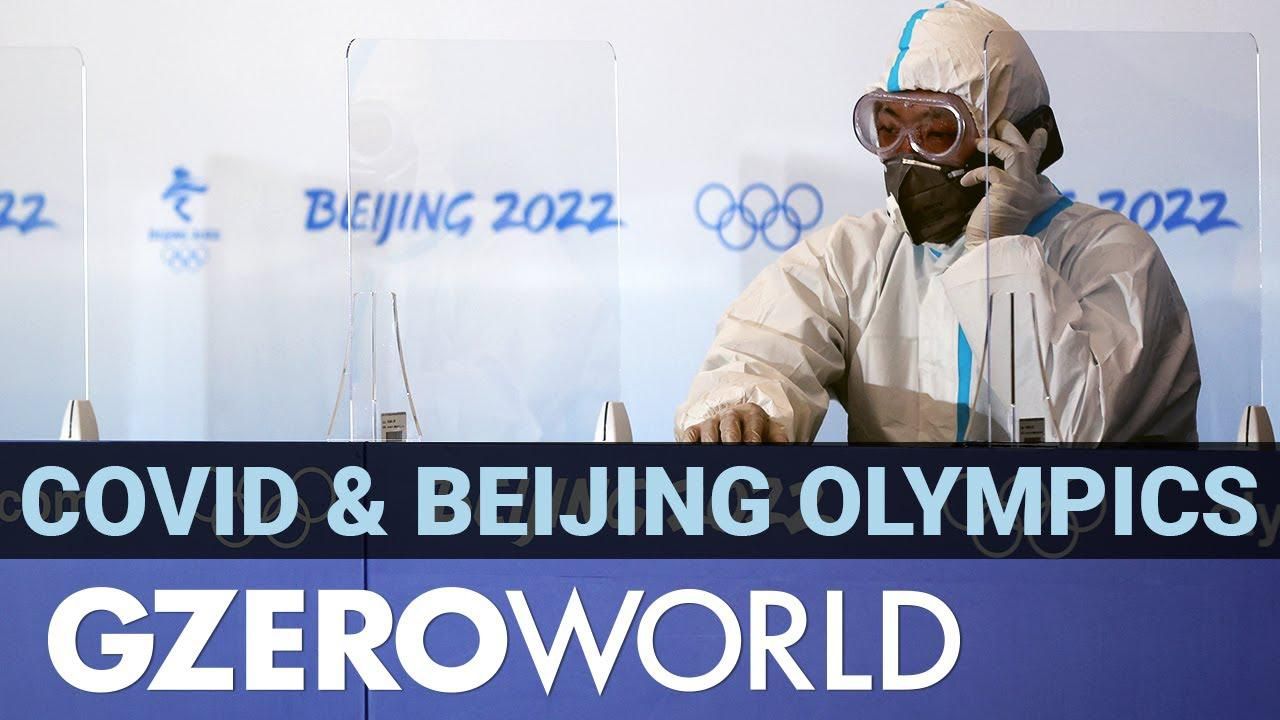GZERO World Clips
COVID at the Beijing Winter Olympics

COVID at the Beijing Winter Olympics | GZERO World

China's zero-COVID strategy will be put to its biggest test to date with the Beijing Winter Olympics approach.
Yanzhong Huang, senior fellow for global health at the Council on Foreign Relations, says Chinese officials think they are taking the safest approach, but that may not be enough against the more transmissible omicron variant.
That's a big risk for Xi Jinping, who hasn't left the country in almost two years — but doesn't want to become isolated on the global stage.
“When other countries learn to live with the virus, and the pandemic's becoming an endemic,” Huang says. “China will find that zero-tolerance strategy unsustainable."
China, he predicts may be able to sustain zero COVID for another year, but not much longer.
Watch his interview with Ian Bremmer on GZERO World: Omicron & the undoing of China's COVID strategy
A year into US President Donald Trump’s second term, America’s immigration policy has undergone one of its most sweeping resets in decades.
Think you know what's going on around the world? Here's your chance to prove it.
Big global stories. Real conversations with world leaders. Our award-winning global affairs show, GZERO World with Ian Bremmer, goes beyond the headlines on the stories that matter most. Here’s a look back at the 10 most quotable moments from this year’s episodes.
Holiday spending is rising, but many households are paying more for fewer items as prices climb. Higher-income consumers continue to outspend lower-income groups, and signs of financial strain persisted heading into peak shopping months. See the full Consumer Checkpoint from Bank of America Institute.